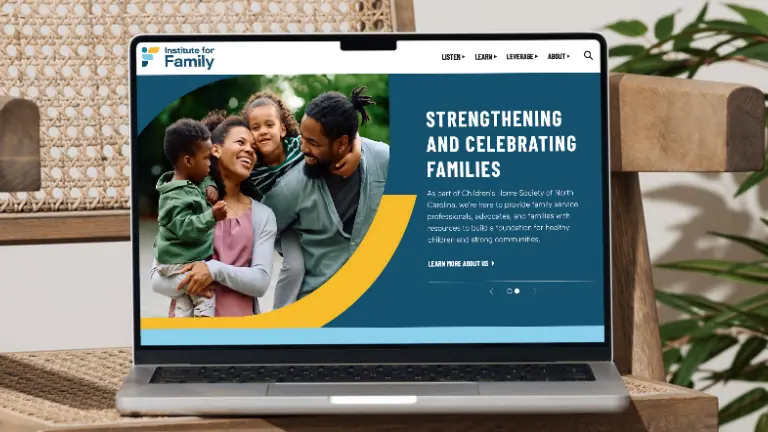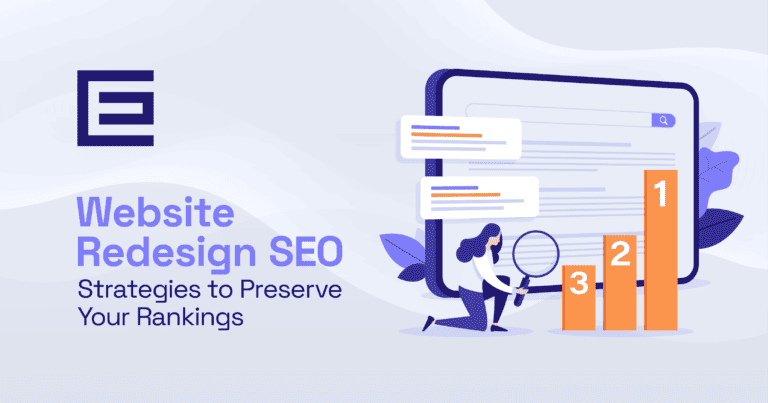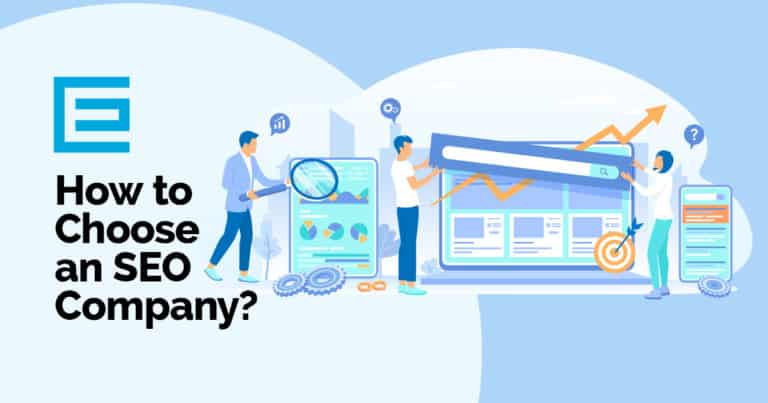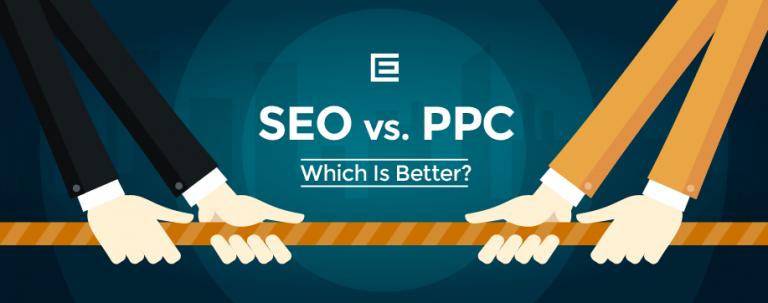Many people think that once they’ve designed and built a website they don’t need to do anything else. However, websites need regular and continuous maintenance and redesign. At a minimum, a website should load and display content properly, but to ensure positive user interactions a website must display information clearly and in an interesting way. In the age of immediate gratification, it’s essential that your website is up to date, not only in its look and feel but also in its functionality.
Your website is often the first impression a potential client or customer has of your business, and while they may not notice if your website is up-to-date with the latest web design trends, they will definitely notice if it’s sluggish, stale, or relying on obsolete features. It’s not just clients who will notice if you need an update – many of the things that turn away prospective clients can also tank your search engine rankings which can make growing a business even harder.
Not sure if it’s time for a website redesign? Our web design agency is sharing how to know when your website is due for a redesign.
- 1Your Site Takes a Long Time to Load
- 2Your Site Is Hard to Use on Mobile Devices
- 3Visitors Don’t Stay on Your Site for Very Long
- 4It’s Difficult for People to Find What They Are Seeking
- 5Your Social Media Shares Are Struggling
- 6Your Brand, Products, or Services Have Changed
- 7Your Competitors Have Redesigned Their Websites
- 8Your Website isn’t Contributing to Business
The Layers of Web Design
Before we get started on deciding if it’s time for a website redesign, it’s important to know the layers of web design and web development in order to come up with an effective design. It’s vital for you know these separate layers and their components in order to develop a good design for your website.
- The structure layer, or the content, is what the audiences will see when they visit your website. This layer is composed of images and text that should be readable. This page should also be easy to navigate so users can easily navigate your site. The XHTML is vital and in web development because it contains the layer that will complete the web document.
- The presentation and the style of the website are also vital. This will define how the content will appear to site visitors. This is composed of the CSS, or what is called “the style”.
- The behavior is the layer that does something to your website. When you use Ajax or DHTML, you are incorporating JavaScript that will complete your page. But if you have PHP at the back end, it’s the PHP scripts that will take place once your reader clicks some command into the site.
A lot of people don’t understand the need to split the layers. If you are making a web page, it is vital for you to make sure that the layers are separated from one another. You can only do that by using external style sheets which is proven to be the best way to detach your content from the design of your websites. This is the same thing when you use external JavaScript files. There are benefits you can reap out of splitting the layers of web design, and some of these benefits include:
- There will be shared resources – when you start making an external CSS file you can have it as well on any page of your websites. You don’t need to worry because there will be no repetition of the file, while it changes on each page you use it.
- There will be faster downloads – when a client downloads a script, it will be considered cached, allowing every page that the client will download will be faster in the same browser.
- You will also enjoy a multi-person team – dividing the workload will be easier if you have assigned a lot of people to work on a website, you have. There is no need to worry about permissions because it simply isn’t needed anymore. You can hire a lot of people to work on the CSS file along with the JavaScript, and hire other staff for other tasks.
- The backward compatibility – those who have websites that are designed with the development layers will enjoy backwards compatibility since most browsers can’t utilize this kind of technology, especially with CSS HTML and others.
Now that we are familiar with the basics, let’s dig into how to know if your website is due for a redesign.
1. Your Site Takes a Long Time to Load
One of the biggest signs you need a new website is when your site is slow to load. With the amount of competition and available information available, people don’t have to wait for slow pages anymore. In fact, according to a study from Nielsen Norman, 1.0 second is about the limit of a user’s tolerance when it comes to page load speeds and anything over 2.0 seconds means they’re likely to leave the page. Compounding this, Google uses page load speed as a critical factor in how they rank pages, so if it’s slow, you’re going to rank lower in search engine result pages (SERPs).
Using Google’s PageSpeed Insights test, you can see how your website is performing and get the insight to know if it’s time for a website redesign. Be sure to try it on computers and mobile devices, so that you can be sure that your site is loading quickly on multiple different devices.
2. Your Site Is Hard to Use on Mobile Devices
When was the last time you looked at your website on your smartphone or tablet? The majority of browsing takes place on mobile devices, and, just like page load speeds, mobile functionality is a critical ranking factor in search results.If your website isn’t optimized for mobile use, you’re losing business and visibility.
First, take a look at how images appear, whether it’s easy to read, and if buttons and navigation is clear and user-friendly on a smartphone’s screen. Can visitors fill out a contact form or make a purchase easily? Next, take a look at your website analytics – they can show you the percentage of visitors who are on a mobile device. If it’s less than 50 percent, it could be because your site makes it hard to navigate. A website redesign that features mobile first design may be key to increasing leads and breathing new life into your business.
3. Visitors Don’t Stay on Your Site for Very Long
When you look at your analytics, whether you use Google Analytics or other tracking methods, check your bounce rate. This shows how often people leave your site after only visiting one page. After this, look at the average pages that visitors use per session.
A bounce rate over 70 percent is a sign that your site isn’t keeping visitors on the page and enticing them to look for more information or navigate to other pages. Similarly, average page visits build on that. Redesigning your website with improved navigation, user-friendly features, and more up-to-date graphics often leads to bringing down the bounce rate, increasing pages per session, and longer times on site all of which improve the likelihood of conversion.
4. It’s Difficult for People to Find What They Are Seeking
Speed and efficiency is key in a website. Just like how load times are key to UX, visitors want to find what they are looking for quickly and with minimal steps. If they can’t find what they want or the process to convert requires multiple steps, they’re likely to leave and move on to a competitor. Users should be able to find what they need within a few clicks, then buy, subscribe, and inquire about what they need without requiring outside help. If your website has high traffic but conversions are low and decreasing over time, it may be time to speak with a web design agency about cleaning up the design.
5. Your Social Media Shares Are Struggling
Around 26 percent of website traffic comes from social media posts and shares, often more for ecommerce. If your social media posts are pulled from your website, and they aren’t getting engagement, this is a sign that your website doesn’t look appealing. Images, previews, and shares need to be eye-catching enough to “stop the scroll” and an outdated website isn’t going to do it. Update your site and increase engagement on social media to lead to more high-quality shares and a boost of new traffic.
6. Your Brand, Products, or Services Have Changed
This may seem obvious, but if your business has changed, your website needs to reflect that. People visit your website to learn about your business and see what services you provide, products you sell, etc., and if it’s outdated or doesn’t include anything new, you’re going to lose on sales and conversions. A redesign will ensure that any new or updated products or services are available and visible, and if you’ve undergone a rebranding, it will reflect that, too.
7. Your Competitors Have Redesigned Their Websites
Take a few minutes to check out the competition and see how your website measures up.If theirs is fast, modern, and on-par with the latest trends, it may be time to redesign your website, too. This doesn’t mean you should copy what a competitor is doing, your website needs to be uniquely your own, but it should show that you’re keeping up with trends in web design and in your industry.
8. Your Website isn’t Contributing to Business
This, above all else, is what you need to consider when it comes to deciding if it’s time for a new website. Your website has the potential to be a powerful digital marketing asset, capable of increasing awareness of your brand and building your customer base. If you’re not getting conversions, leads, or sales from your website, it’s either due to low traffic from search engines or visitors aren’t converting once they’re on your site. Either one is a good indicator that your current website isn’t working for you.
An Effective Website Is Vital to the Success of Your Business
Without a functioning and appealing website for your company, you’ll lose potential customers and clients. While cleaning up your website can give you a boost, working with a trusted web design agency that can redesign a website that represents your brand, provides an incredible user experience, and is optimized for search engines can transform how you do business and put you on a clearer path to success moving forward.
There are a lot of elements to a properly functioning website
The designers and internet marketing specialists at TheeDigital can ensure you are getting the most out of your web presence. Call 919-341-8901 for a free consultation or just fill out fill out our inquiry form and one of our web design specialists will be in contact with you in the near future.
Tags: Web Design






